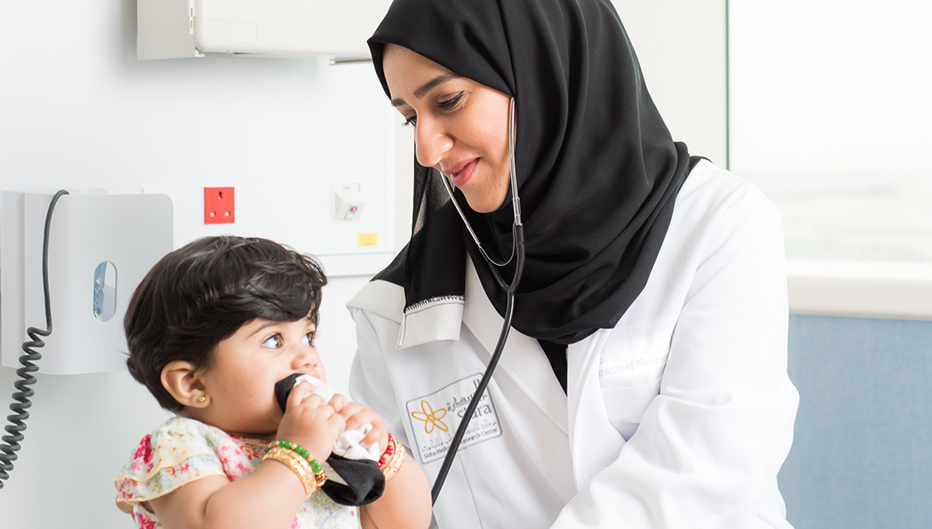How Dialysis Works ?
Dialysis is usually performed until your child receives a kidney transplant. Essentially, dialysis performs the same function as a kidney. Dialysis can be carried out either at home (peritoneal dialysis) or at the hospital (hemodialysis).We provide all modalities of dialysis using the most advanced technology. Our team will help you and your child find the most appropriate treatment modality that both suits the medical condition and maintain the quality of life and daily activities (including schooling) as close to normal as possible.
What to expect during hemodialysis treatments:
- Treatments usually take place three- four times a week for 3 to 4 hours
- Blood pressure, heart rate, and weight are measured before treatment
- A catheter (plastic tube) is used to connect your child to the dialysis machine.
- The machine has a filter (kidney) that removes excess fluid and waste from your child’s body.
- Children can read, watch TV, play games and do their school homework while treatment takes place


